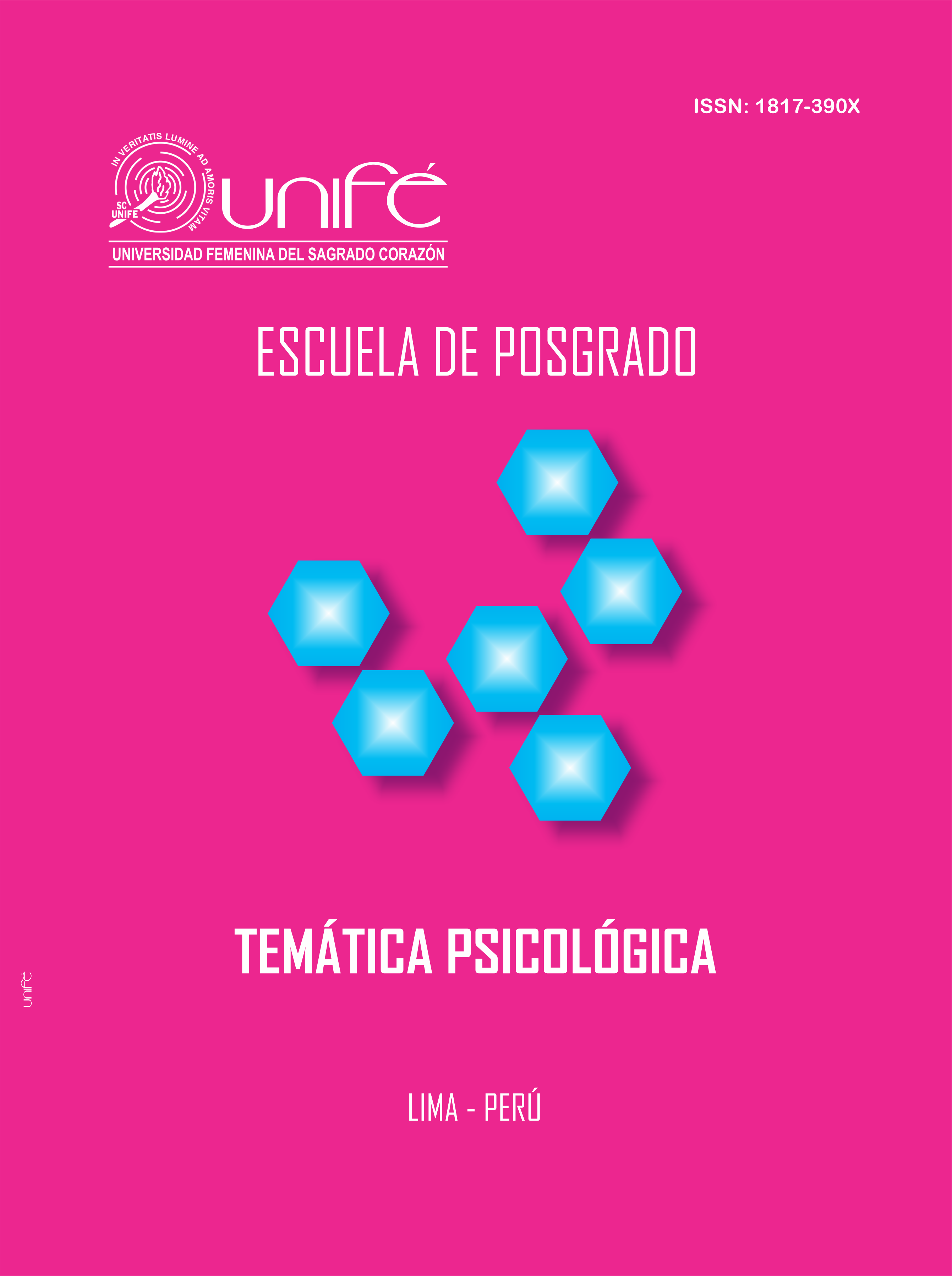Family functionality and coping strategies of university students
DOI:
https://doi.org/10.33539/tematpsicol.2015.n11.817Keywords:
family functionality, coping, and university studentsAbstract
The objective of this research was to analyze the relation between family functionality and coping strategies of students from a university of Huancayo by addressing said analysis by sex, age, and semester of studies. The participants were 234 Psychology students (174 females and 60 males), and selected probabilistically. The Family Adaptability and Cohesion Scale (FACES-III) and the Coping Responses Inventory (CRI-Y) psychometric tests were run; these evaluations helped record the levels of family functionality and coping strategies of university students. The data analysis was carried out by using the SPSS 20 statistical package; furthermore, the “X2” statistic, contingency coefficient, and Champion’s intervals were used for hypothesis testing. The result was that there is a low-rate relation between both research variables, which implies that both are presented independently within the studied population.


